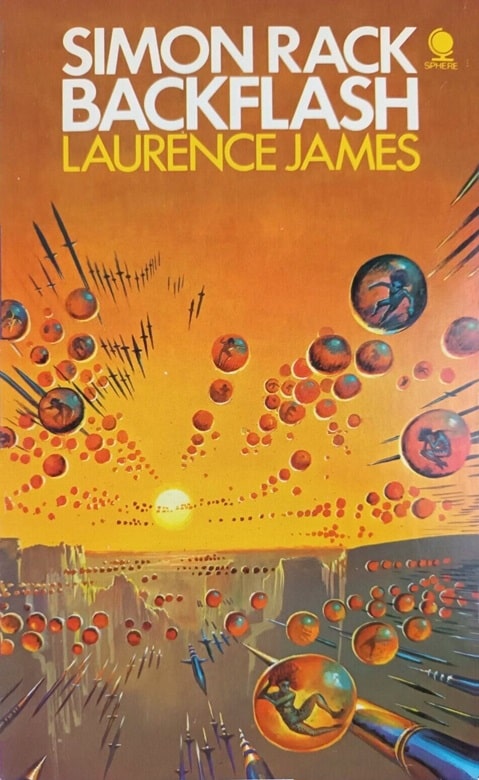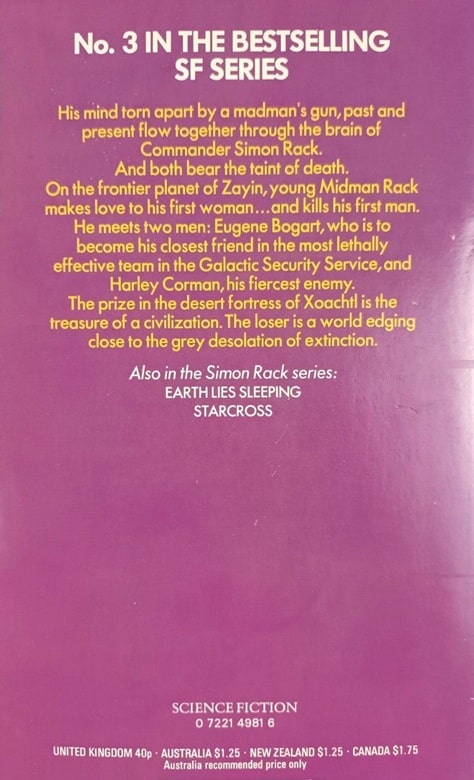A to Z Reviews: Sync, by K.P. Kyle
K.P. Kyle’s debut novel Sync is the first of three novel-length works that I’ll be looking at in this series. Published by Allium Press, in 2019, Kyle offers the story of Brigid, who picks up a hitchhiker on a cold, rainy night in New England and she drives home to Boston. Although Jason doesn’t smell very good and seems to be suffering from paranoia, Brigid invites him to spend the night at her apartment so he can get cleaned up and get a good night’s sleep before getting on a train for somewhere.
When a burglar breaks into Brigid’s home that evening, she and Jason go on the lam, trying to avoid the men who apparently actually are after Jason. Jason also reveals his secret to Brigid. He was part of an experiment that allows him to temporarily jump from one reality to another, although the process leaves him naked.

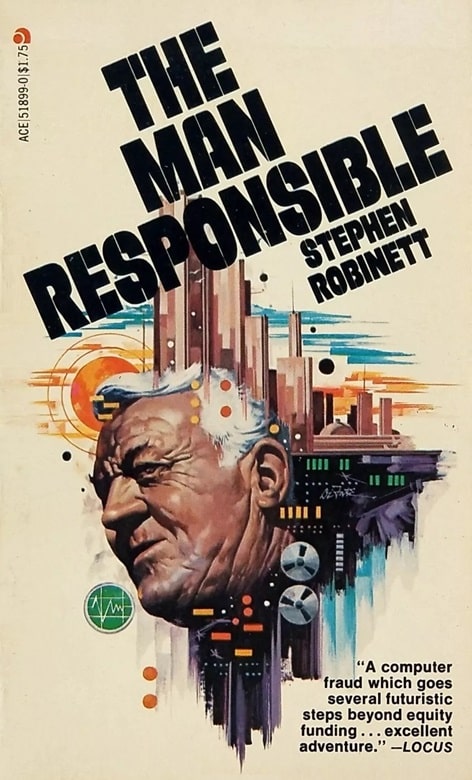
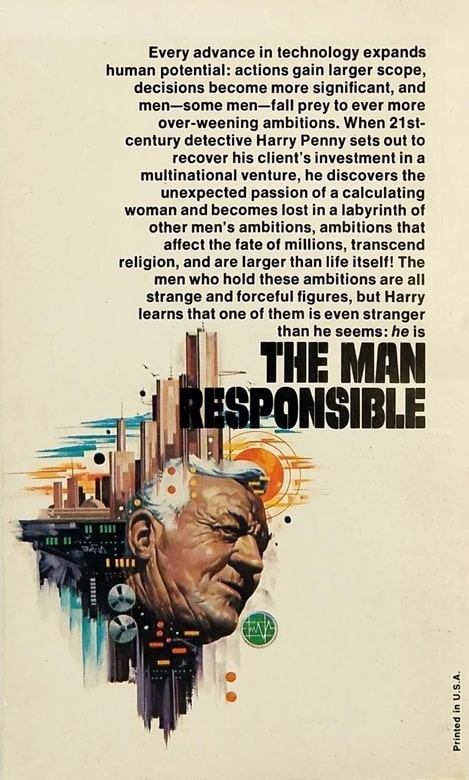
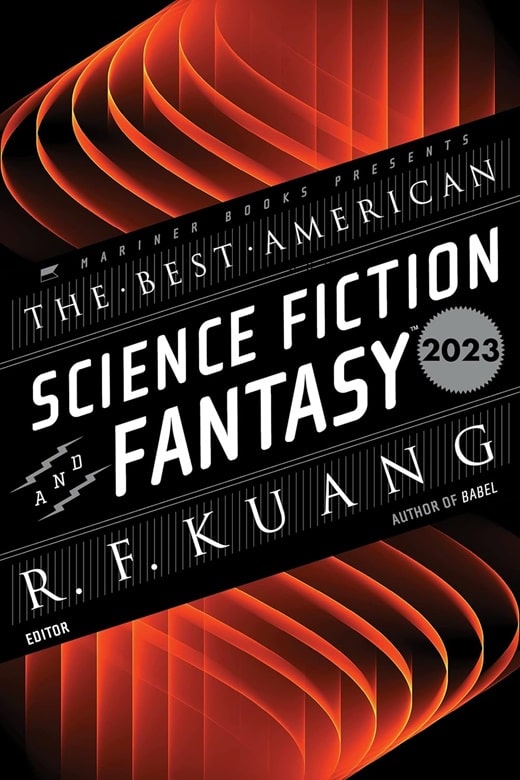
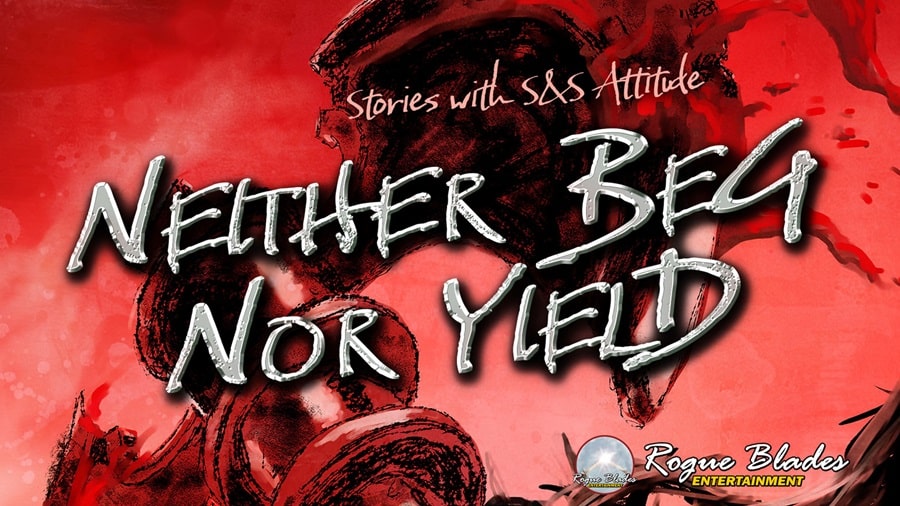
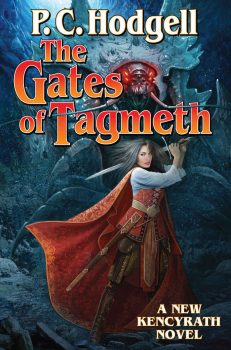 One of the
One of the 